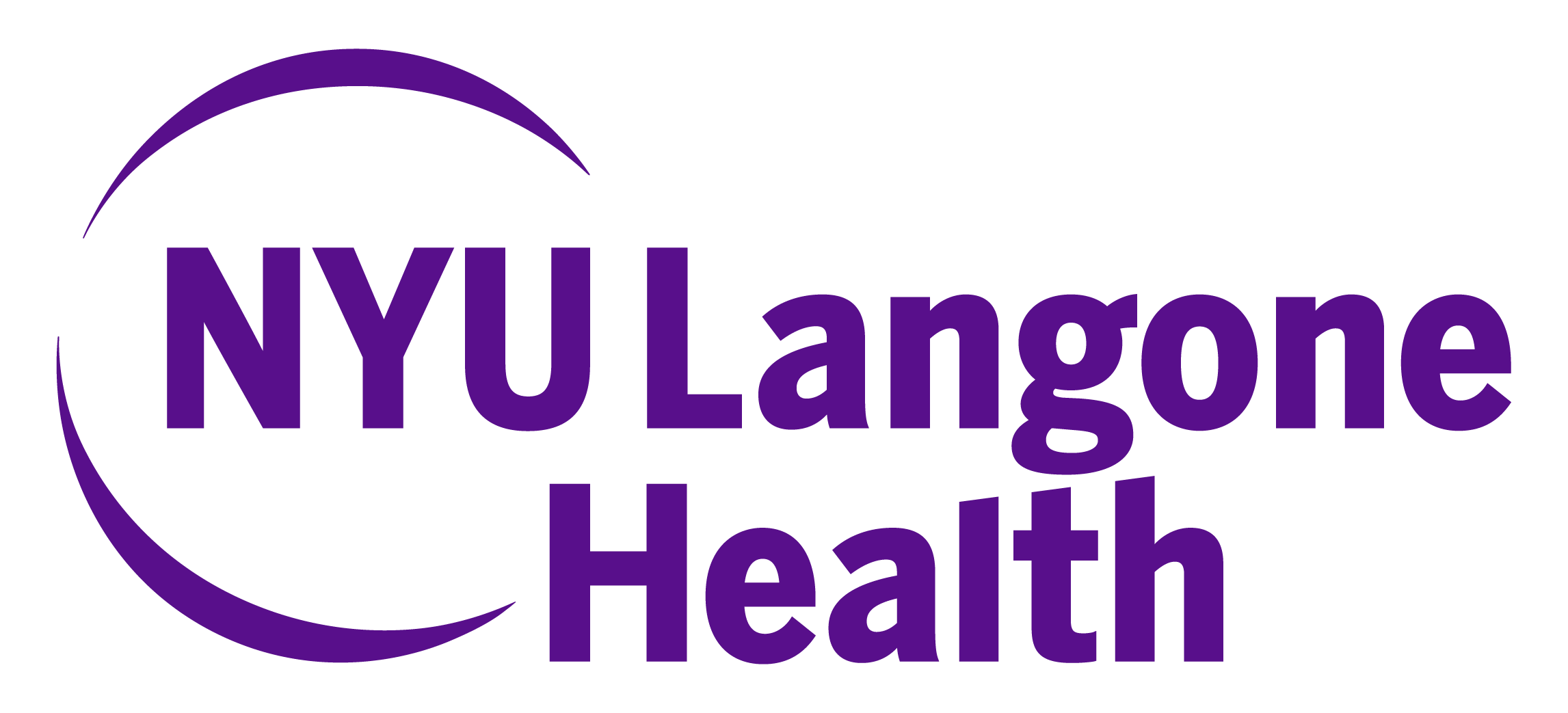- Advertise
- About OncLive
- Editorial Board
- MJH Life Sciences brands
- Contact Us
- Privacy
- Terms & Conditions
- Do Not Sell My Information
2 Clarke Drive
Suite 100
Cranbury, NJ 08512
© 2025 MJH Life Sciences™ and OncLive - Clinical Oncology News, Cancer Expert Insights. All rights reserved.
Dr. Sabari on Managing Immune-Related Adverse Events in Lung Cancer
Joshua K. Sabari, MD, assistant professor, Department of Medicine, NYU Langone’s Perlmutter Cancer Center, discusses the management of immune-related adverse events (irAEs) in patients with lung cancer.
Joshua K. Sabari, MD, assistant professor, Department of Medicine, NYU Langone’s Perlmutter Cancer Center, discusses the management of immune-related adverse events (irAEs) in patients with lung cancer.
Immunotherapy drugs are safe and well-studied, says Sabari. As such, these drugs have an established set of irAEs. However, someone who is less familiar with these agents should always seek out a doctor or team that is more familiar with them. If certain questions or concerns arise about a rash or diarrhea, reach out to colleagues for help, advises Sabari. There are very common irAEs associated with this approach, which include thyroiditis, dermatitis, and colitis, and if these are identified early, patients can be safely treated, he says.
Other irAEs, such as pneumonitis, need to be taken more seriously. Patients who present with pneumonitis are often taken off the drug definitively. Working with rheumatology and endocrinology colleagues, as well as dermatologists, is critical in building that infrastructure so there is a good referral system in place for patients who experience these events, he concludes.


